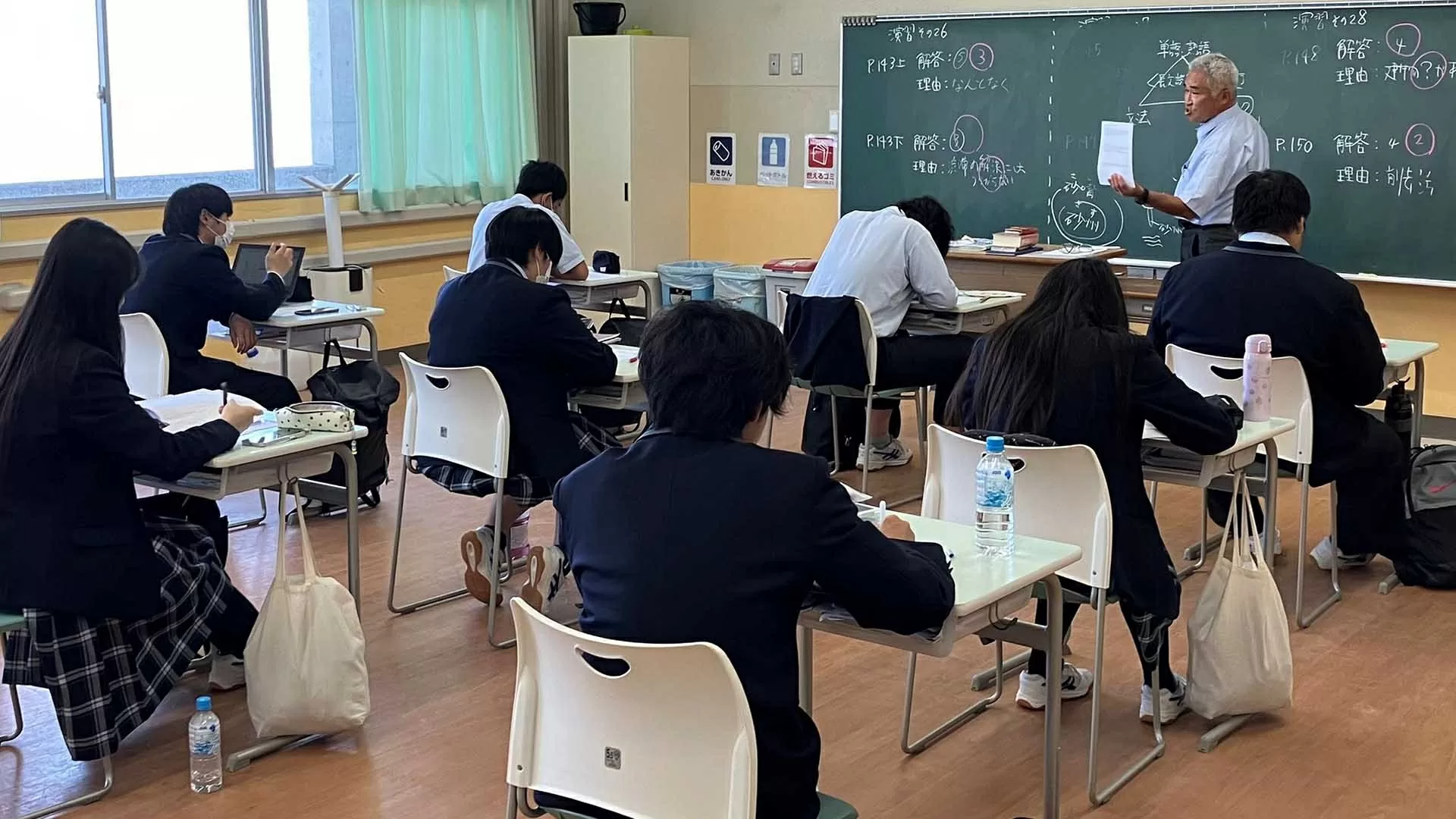 |
| The number of Chinese students at Japanese schools is steadily increasing. (Source: Nikkei Asia) |
Education "hot spot"
On China’s popular social media platform RedNote (Xiaohongshu), the phenomenon of “educational migration” to Japan is one of the hotly discussed topics. Posts about the real estate market, detailed maps of areas with quality schools, information about Japanese language preparatory schools, and specialized school entrance exam preparation centers in Tokyo... have a very high interaction rate.
Bunkyo Ward in Tokyo is becoming a top choice for many Chinese parents who want their children to study at prestigious educational institutions in the land of cherry blossoms. This is home to Japan's most prestigious university - the University of Tokyo. As of the end of November 2024, the number of Chinese students studying at the University of Tokyo was 3,545, accounting for about 70% of the total number of international students.
Bunkyo Ward is also home to many public schools that are highly regarded for their quality of education. Notable among them are the “3S+1K” – a group of four elementary schools: Seishi, Sendagi, Showa and Kubomachi. The number of foreign families, including those from China, moving to Bunkyo with the aim of enrolling their children in one of these four schools has increased in recent years.
According to Nikkei Asia , in 2024, the district had 467 foreign elementary school students, a 2.4-fold increase compared to 2019, most of whom were Chinese children. During the same period, the number of Chinese residents in the district also increased 1.5-fold to 8,169 people.
Not only in Bunkyo, the number of Chinese citizens moving to Tokyo wards is increasing. At Sapix Toyosu school in Koto ward, one in ten students is Chinese.
Nikkei Asia predicts that the number of Chinese residents in Japan is expected to exceed 1 million by 2026. The effects of this shift are not limited to urban centers like Tokyo, but are spreading to many other localities across Japan, becoming a potential market for educational institutions.
Top quality
Japan’s education system has always been considered one of the top education systems in the world. According to the World Population Review, an independent US-based organization on population and demographic surveys, in 2024, Japan ranked 6th in the world and first in Asia in terms of education quality, making the country an attractive study destination for foreigners, including Chinese.
Nikkei Asia noted that in addition to seeking quality education abroad, many people choose Japan to avoid the intense pressure of exams at home. A former student from the University of Tokyo from China said that instead of struggling to get into top universities such as Tsinghua University or Peking University, they can choose a less “thorny” journey at the University of Tokyo.
The high-quality living environment is another reason why many Chinese want their children to pursue their studies in Japan. The Land of the Rising Sun is currently ranked 16th out of 167 countries in the Legatum Prosperity Index 2023 published by the Legatum Institute (UK), and ranked 17th in the Global Peace Index Report 2024 conducted by the Australian Institute for Economics & Peace.
Although Japan is among the countries with a high quality living environment, the cost of studying and living in Japan is much cheaper than in many other countries. US News cited that instead of tuition fees ranging from 21,700-68,200 USD/year in the US, students at the University of Tokyo only need to pay 3,740 USD/year.
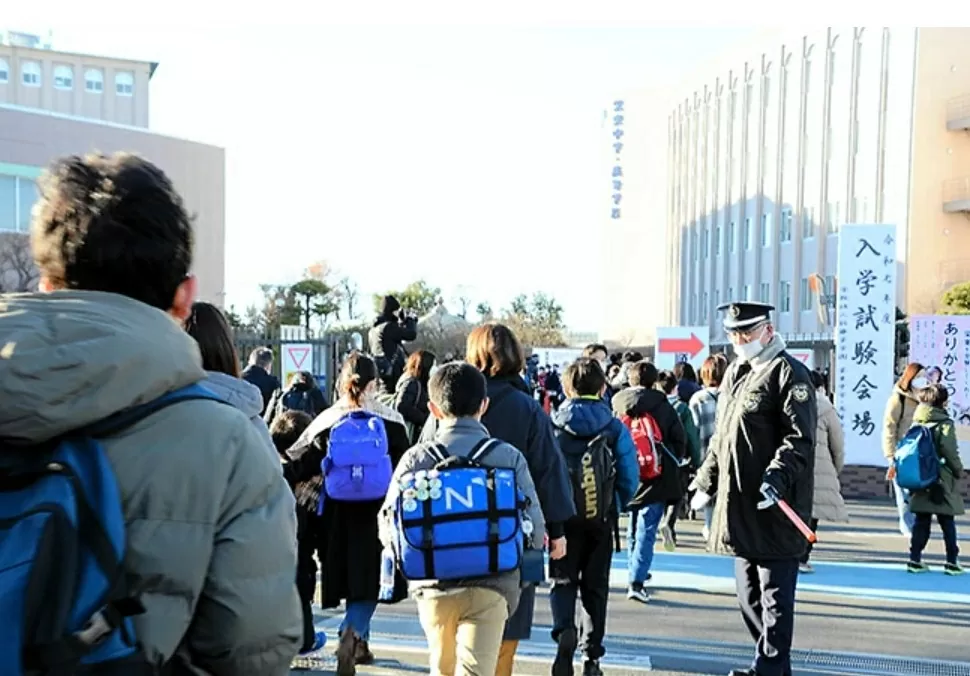 |
| Children on their way to Sakae-Higashi Junior High School in Saitama Prefecture. (Source: Asahi Shibun) |
Settlement opportunities
Not only accessing the world's leading education system and high-quality living environment, Chinese families also choose studying as a path to have the opportunity to settle in Japan.
Ms. Fu Jiayin, over 40 years old, is a teacher from China who came to Japan in April 2024. She not only wants to send her children to study here but also enrolls herself in a Japanese language school, hoping to find a job after graduation. This is one of the conditions for applying for a work visa, an opportunity to bring the whole family to live in the land of cherry blossoms.
Cases like Fu Jiayin's are becoming increasingly common as more Chinese families seek to settle permanently in the neighboring country.
According to Nikkei Asia , the relaxation of requirements for permanent residency has opened up more opportunities for families to move to the country, especially those with members studying in Japan. As of June 2024, about 330,000 Chinese citizens had received permanent residency, up 40% from 2017.
An administrative official specializing in visa-related issues in Kanagawa Prefecture said the evaluation criteria for highly skilled foreign professionals “are not too strict for those who graduated from a Japanese university.”
Not only that, the land of cherry blossoms is also a place where it is easy to find a job after graduating from university.
Japan's policy of encouraging graduating students also creates favorable opportunities for international students to find jobs and advance their careers, said Yu Korekawa, director of research and international cooperation at the National Institute of Population and Social Security Research.
All of the above reasons are highlighting the appeal of Japan as an educational destination, especially when compared to the competitive landscape in developed countries today.
Source: https://baoquocte.vn/nhat-ban-ngay-cang-thu-hut-cu-dan-giao-duc-trung-quoc-309843.html





![[Photo] Overcoming all difficulties, speeding up construction progress of Hoa Binh Hydropower Plant Expansion Project](https://vstatic.vietnam.vn/vietnam/resource/IMAGE/2025/4/12/bff04b551e98484c84d74c8faa3526e0)



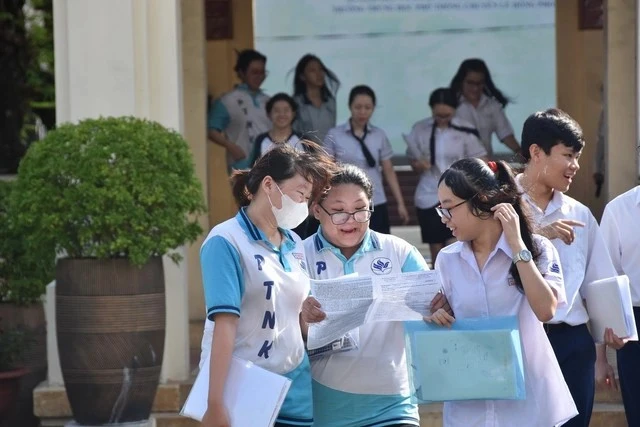
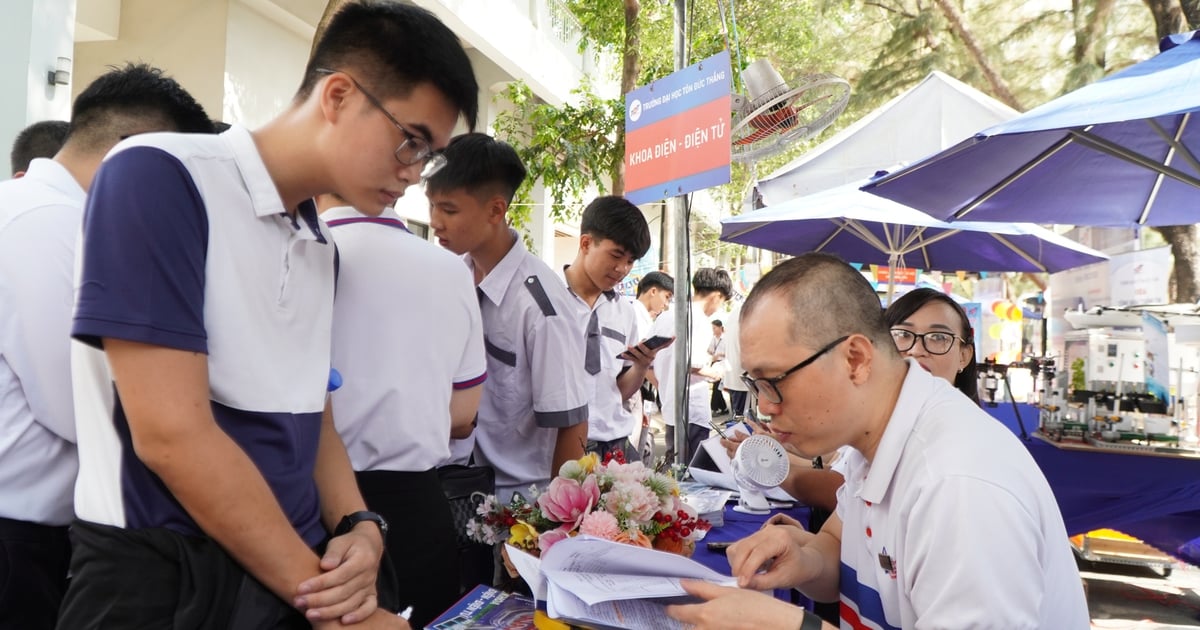
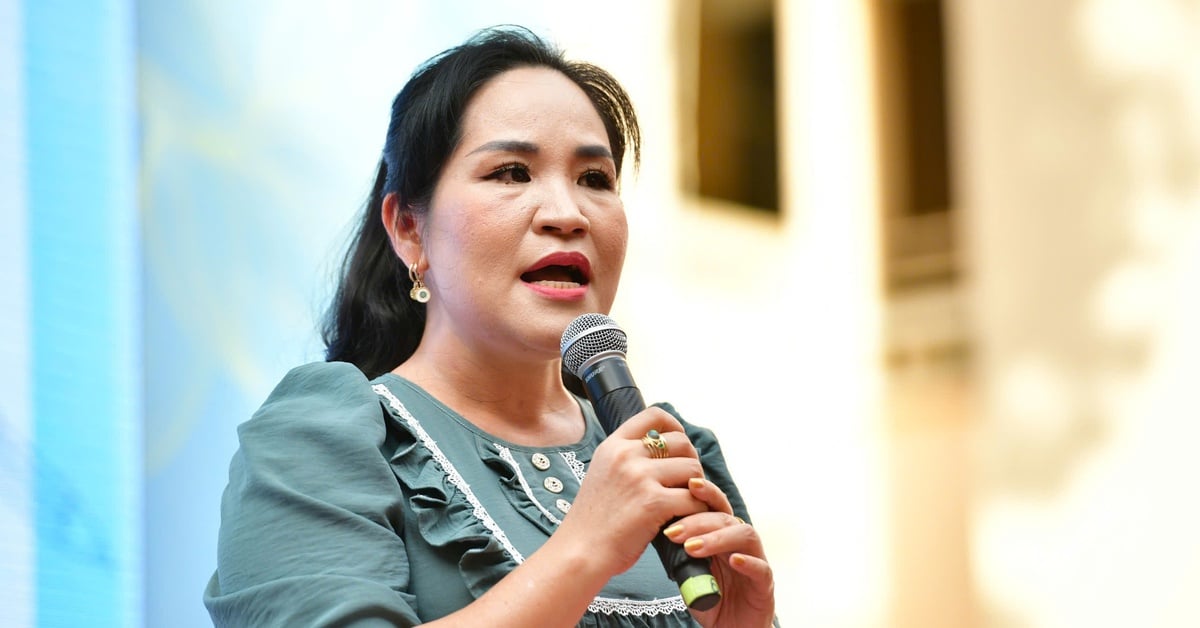

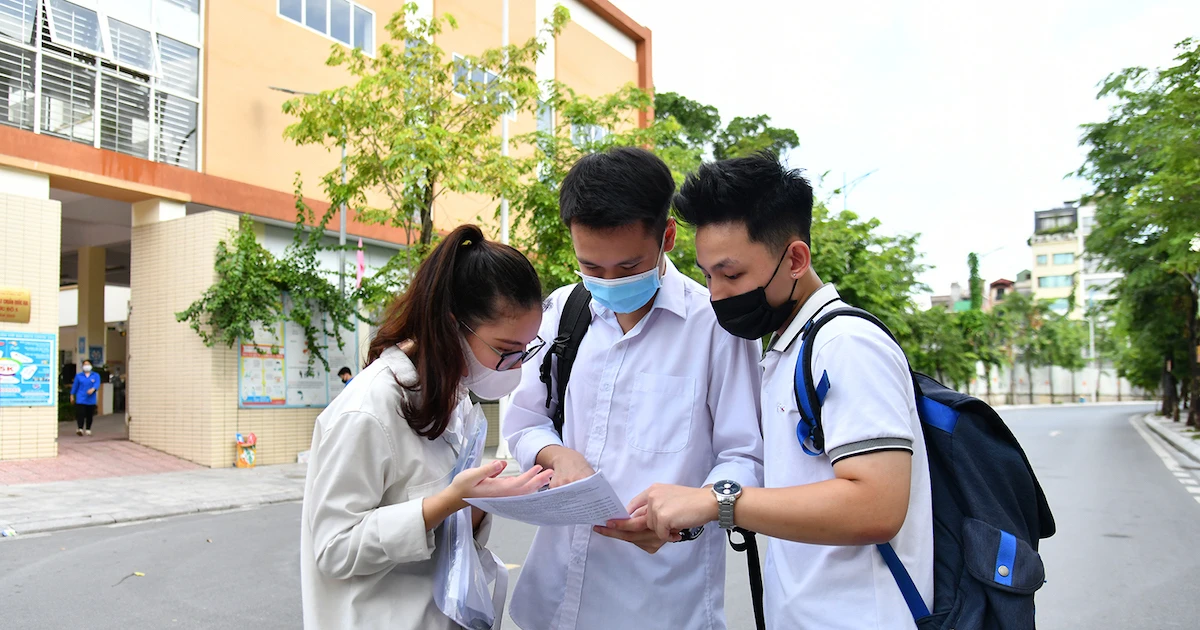


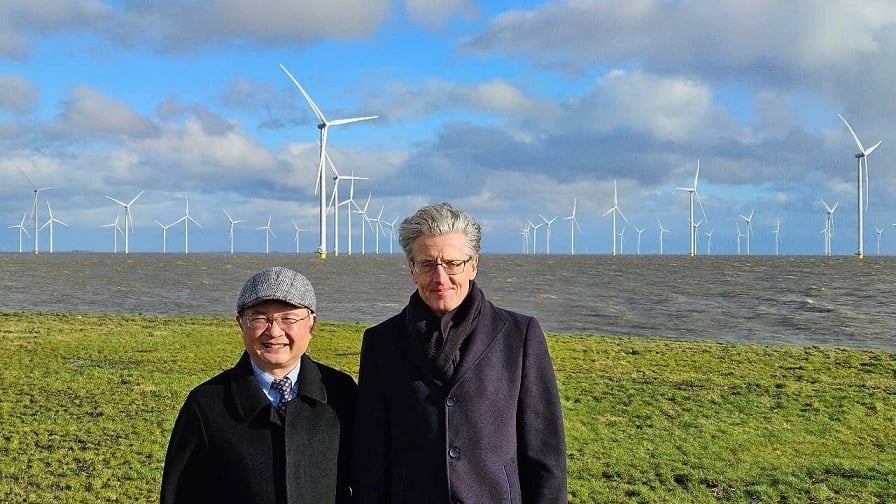

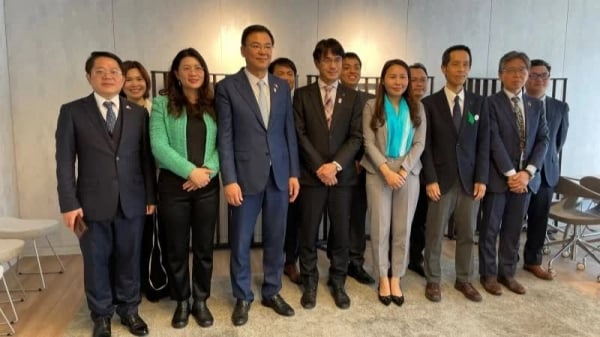

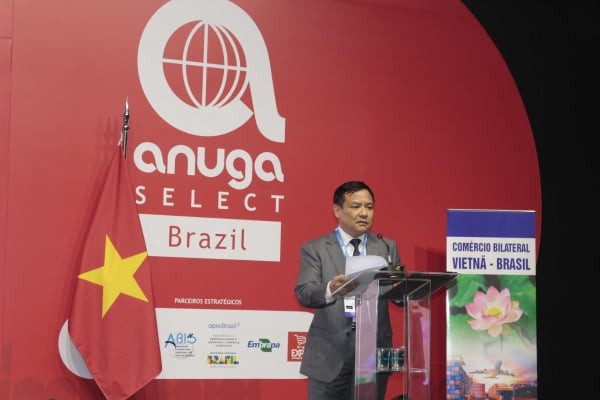
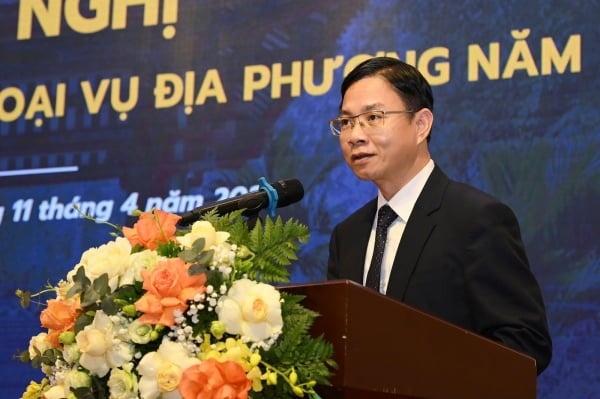
















































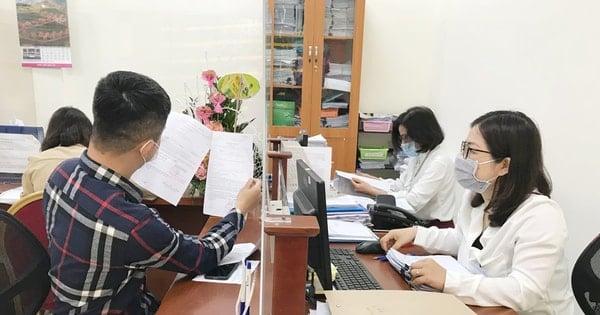



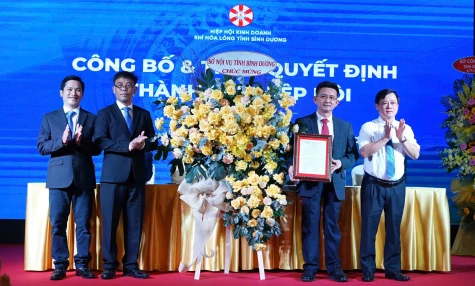



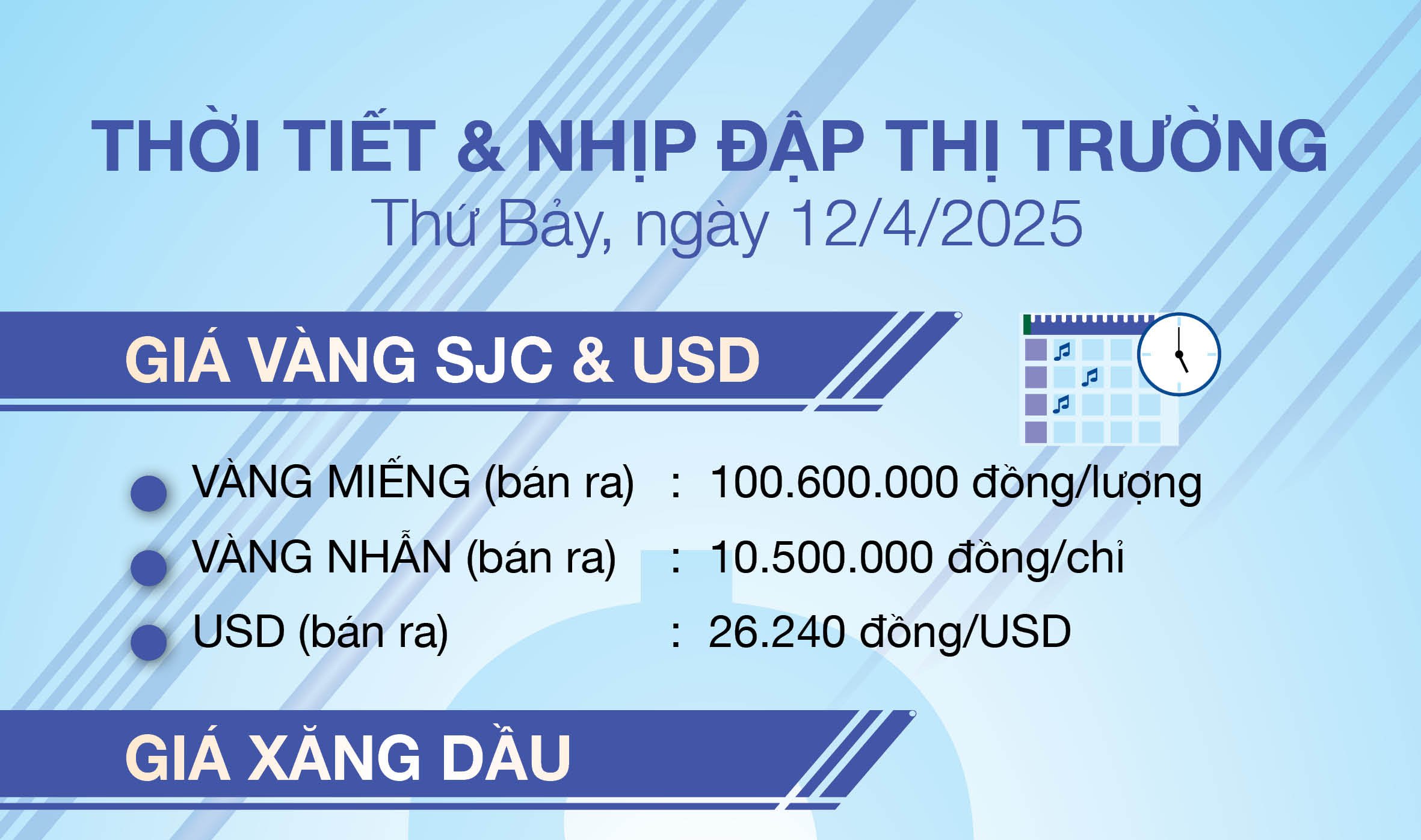












Comment (0)